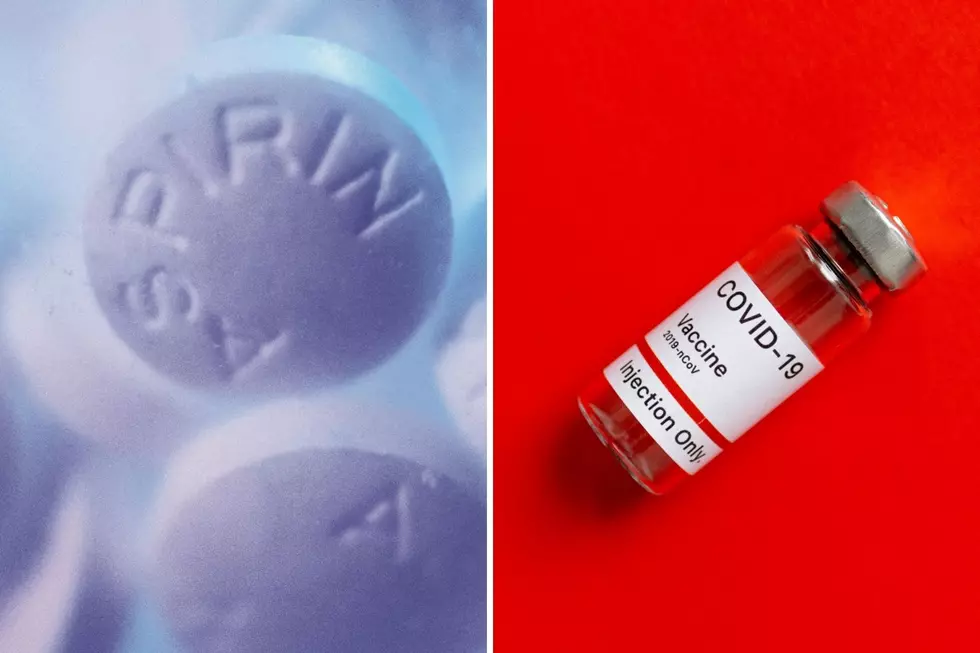
What The New Aspirin Study Has to Do With COVID-19 Vaccines
A huge story today is about the daily use of aspirin to prevent heart disease and its "newly found" risks based on a very recent study.
The U.S. Prevention Task Force said that people over 60 should no longer take it to prevent heart disease because the health risks outweigh the benefits. The USPSTF said the risk of serious bleeding cancels out the benefit of preventing things like a heart attack. The study said for people between 40 and 59 it should be an individual choice, so talk to your doctor.
Listen, this is huge news folks. Aspirin was first used on a regular basis in 1876 primarily for fever, inflammation, and rheumatism. The new compound called aspirin was registered in 1899. In 1950, Dr. Laurence Craven published his study on aspirin being beneficial for preventing a vascular event. That was reaffirmed in 1994.
Here it is, now 2022, and new research refutes the original science.

So, here is my point, and why the aspirin study is significant in relation to COVID-19 vaccines...
Today Moderna announced that they want government regulators to approve the use of their COVID-19 vaccine for children, from birth through age 5.
This vaccine has only been around for 18 months or so. The company wants approval by this summer! No long-term study could have possibly been done yet on the effects on children. So many questions are yet to be answered.
Are they getting protection naturally or through breast milk, etc.? Kids under 5 have one of the smallest chances of dying from COVID according to CDC data.
If we are now learning new things about a drug like aspirin that has been around for 200 years, are you willing to take a risk with your newborn baby on a vaccine that's been around for 18 months?
It is your choice...
See ya tomorrow at 5 a.m.

LOOK: 50 essential civil rights speeches
More From Cat Country 102.9







